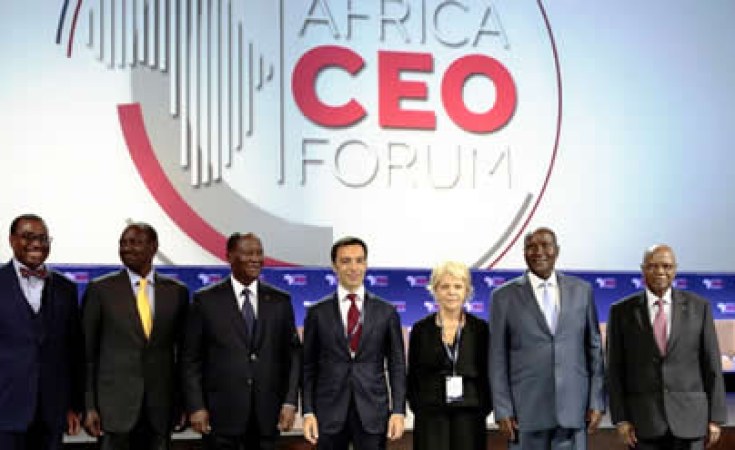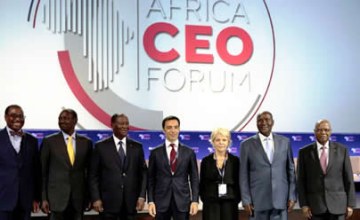After a decade of accelerated growth, Africa is now showing signs of slowed economic growth. In this context, how should African companies and countries proceed? This question dominated the first Economy Panel of the Africa CEO Forum 2016, "Between Ambition and Resilience - Making the most of volatile times."
According to McKinsey & Company, a US-based consultancy firm, economists need to look beyond average economic indicators to get an accurate understanding of Africa's economic performance. However, a few trends are worth noting:
Economic reforms are critical for resilience building. Over the past years, countries that have implemented economic reforms registered GDP growth averaging 50% compared to non-reformers; Countries promoting private-sector investment are doing much better than those that don't; Transformation, industrialization and regional integration were key factors in the exponential growth of good performers like Côte d'Ivoire.
Speaking at the panel, President Adesina stressed that Africa was on the right track. He said investments in infrastructure should continue, urging the continent to diversify its export mix and industrialise itself in order process its raw materials.
Regional Integration is key to unlocking the tremendous potential that lies within Africa. "Africa's solutions are internal. We do not need to look abroad. We need to trade more with ourselves," Adesina said.
Investments in Energy, Infrastructure and Human Capital are key to achieving a sustainable economic transformation in Africa. With a current growth rate of 4.4% compared to 1.9% for Europe, Africa remains a strategic a destination for private sector investors.
The panel was greatly enriched by participation of private sector leaders including Aliko Dangote, Founder and President of the Dangote Group, and Jonathan Oppenheimer, Director of E Oppenheimer & Son Ltd., as well as Ministers and Prime Ministers from top-performing economies on the continent.



